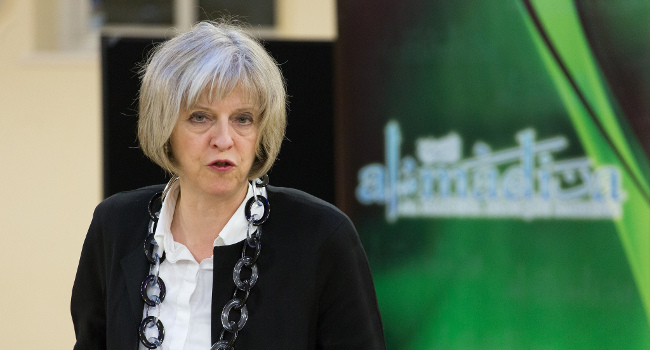David Cameron’s decision to reveal that he would not be standing for a third term as prime minister was undoubtedly a good move for him.
For Cameron, the first Tory to command a parliamentary majority since John Major, the reveal to the Beeb’s James Landale months before the general election will allow him to leave at a time of his own choosing, a feat not even dear Maggie managed.
Yet for the Conservatives at large the primary campaign for next Tory leader has already begun, shadowing what should be a triumphant conference for the first Conservative majority government for 20 years.
Chancellor George Osborne’s every move is being vetted as a means of manoeuvring himself into his neighbour’s house come May 2020, whilst speeches from home secretary Theresa May and London mayor Boris Johnson are scanned for signs over how they will try to spoil Osbo’s coronation.
By some estimates there are now 18 candidates vying to be the next leader (and, effectively, the next prime minister), including business secretary Sajid Javid and education secretary Nicky Morgan. One new Tory MP, Heidi Allen, even openly hoped that a newcomer might takeover from the main players – an unlikely scenario given the easy opponent of Labour’s Jeremy Corbyn.
The size of that pool and forwardness of those like Allen shows just how confident the Conservatives are feeling right now. And perhaps they’ve every right to be. But there is also danger in this protracted leadership bout.
Speaking at a fringe meeting, pensions secretary and former Tory leader Iain Duncan Smith said: “If the public sees that we are so venal that we assume that we have a right to be in power in five years time they will do their level best to kick us out.”
This is a fair warning. But the other problem is that in canvassing for voters from the various party wings the fissures in the Tory coalition will become ever more apparent. Social conservatives will increasingly notice the ground between them and their free market-loving comrades, and then look to the weaknesses of Corbyn and wonder what can be risked.
These tensions will be further stoked by the EU referendum, that old spectre that still haunts the Tory party and drives the “awkward squad’s” dislike of Cameron. Johnson’s ambivalence on this issue and May’s comments about immigration show both prospective leaders are interested in this wing of the party.
It’s interesting to think what the conference might have looked like if Cameron had kept shtum on his leaving plans. Certainly at this point nobody would have been looking to kick him out, even with his slender majority in the Commons.
But if his plan in calling an early departure was to quell tensions within the ranks, he probably would have done better not to have said anything, and not to have called a ballot on leaving the EU.
Both these forces together are liable to make the next parliament a long campaign for his successor. And right now that contest seems a far greater danger to Tory unity than anybody on the opposition benches.
Image Credit – Theresa May visits Al Madina Mosque, February 2015 by the Home Office
